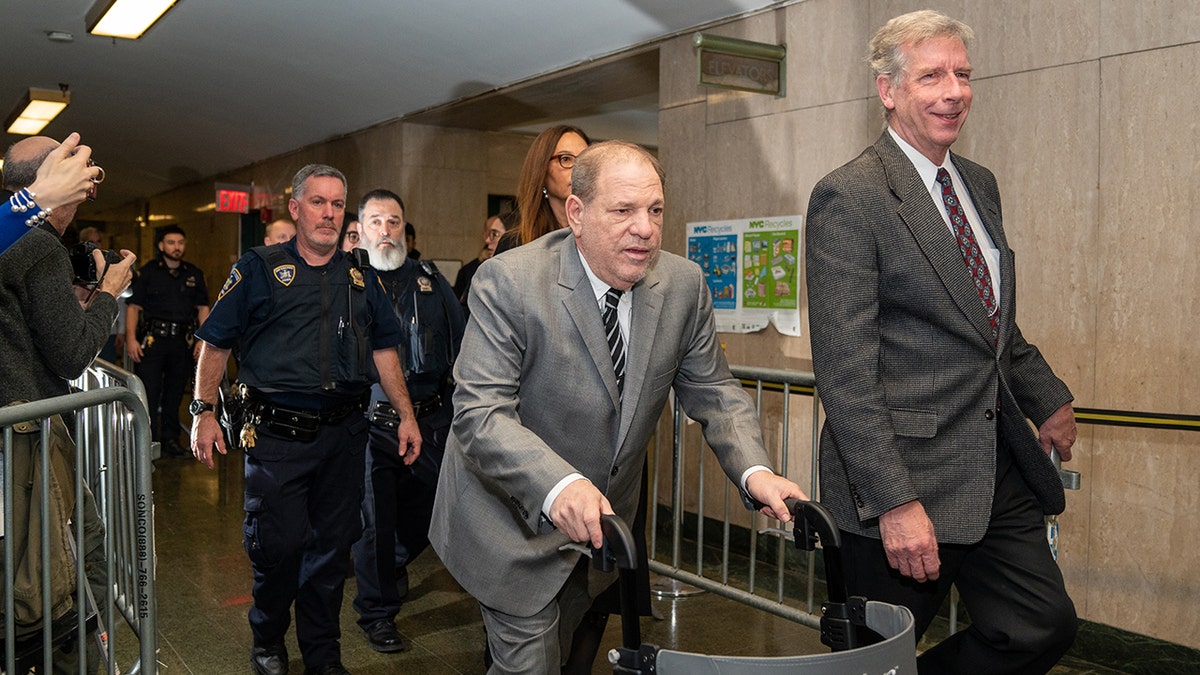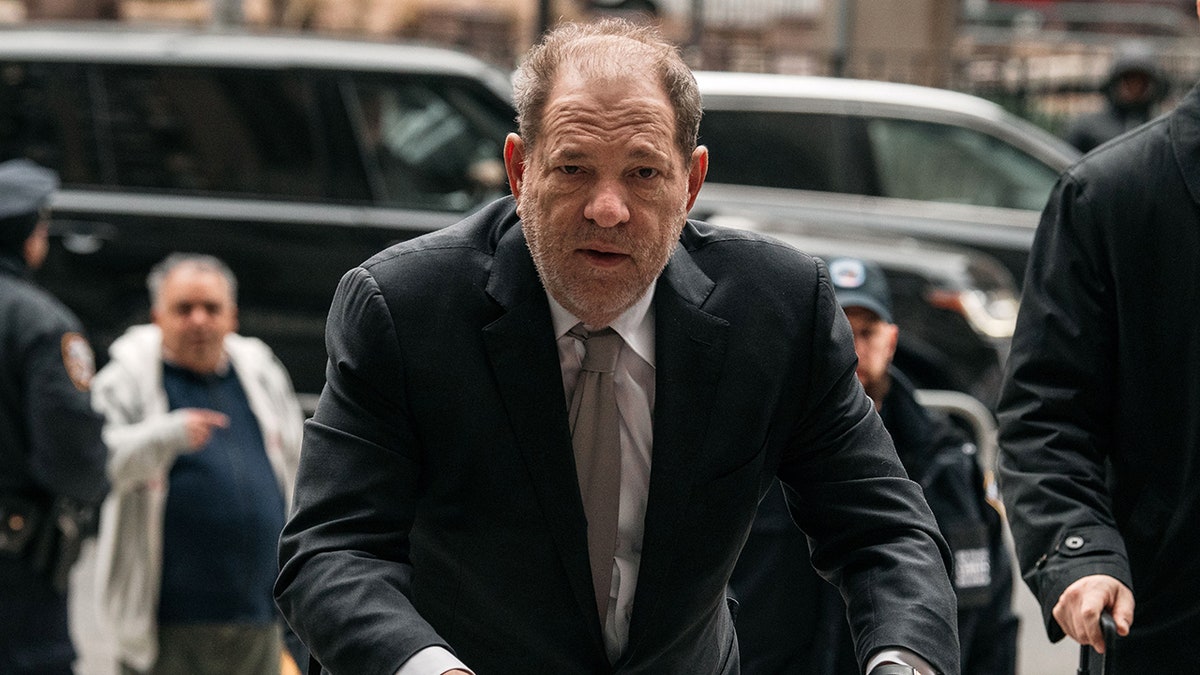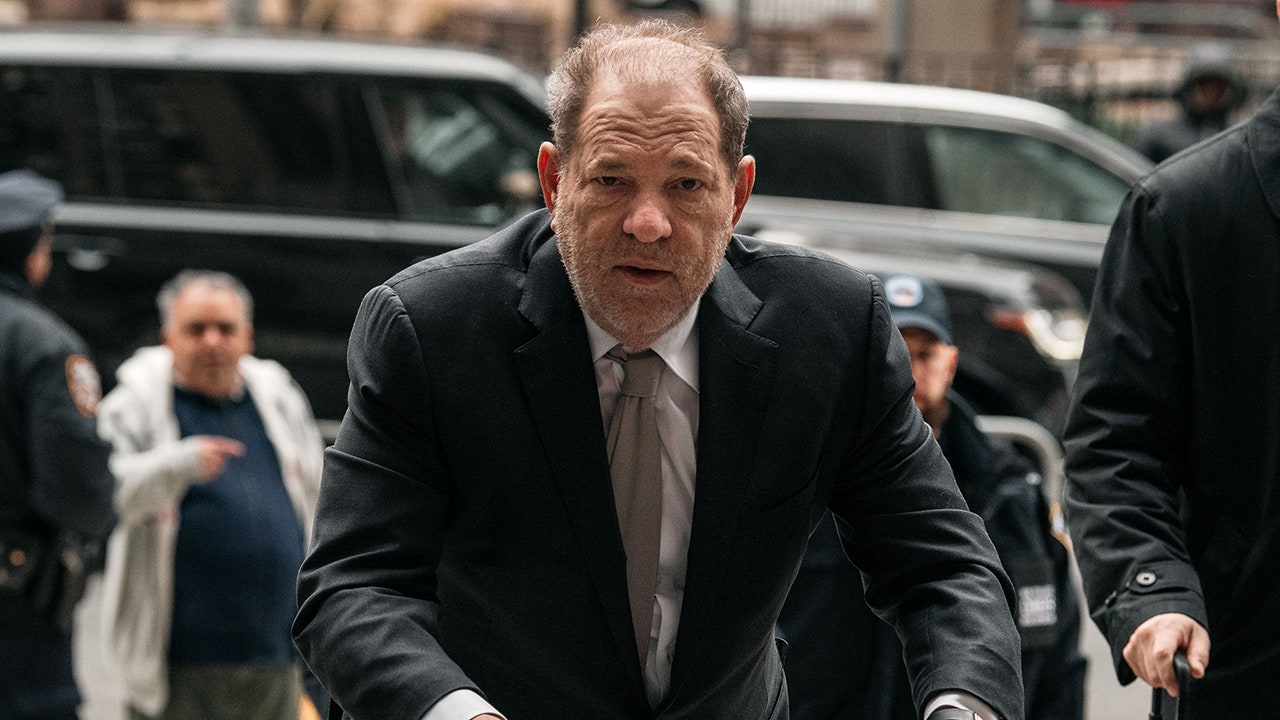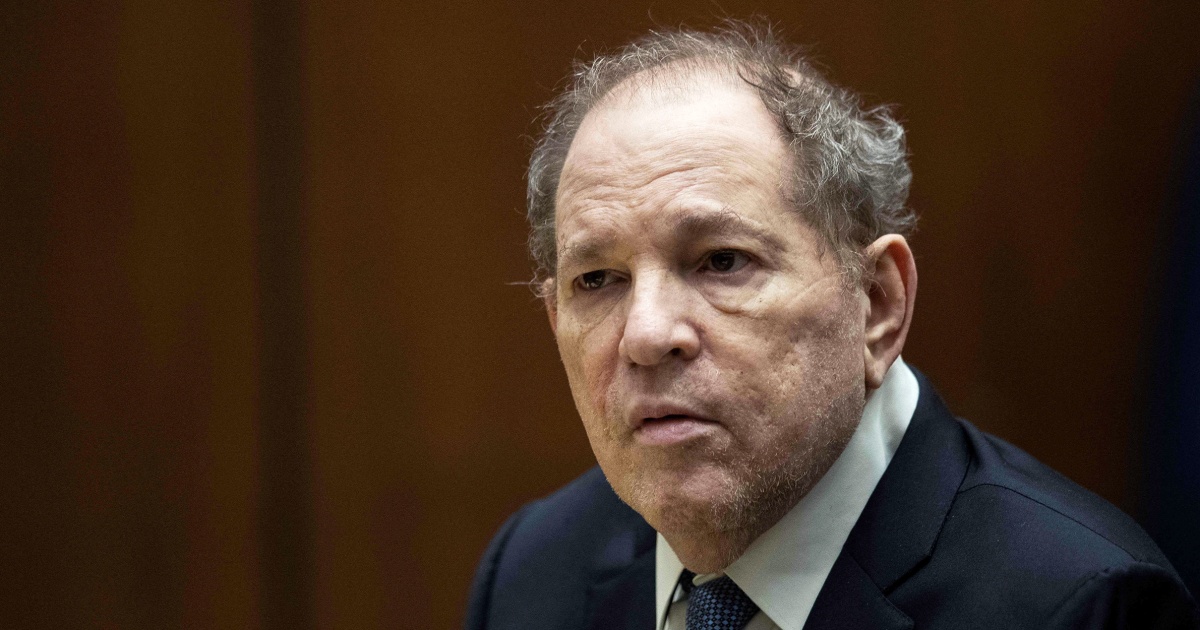
Harvey Weinstein's New York Rape Conviction Overturned: A Look at the Decision and Its Implications
On April 25, 2024, New York's highest court overturned Harvey Weinstein's rape conviction on felony sex crime charges. The decision was based on the trial judge allowing Molineux witnesses to testify about allegations that were not part of the central charges against Weinstein.
Background: Harvey Weinstein, a prominent Hollywood producer, was convicted in 2020 of criminal sexual assault in the first degree and rape in the third degree. The conviction followed testimonies from former Project Runway production assistant Miriam Haley and once-aspiring actress Jessica Mann. Weinstein was sentenced to 23 years in prison.
The Overturned Conviction: In a 4-to-3 decision, the New York Court of Appeals agreed with Weinstein's defense team that trial judge James Burke made a critical error when he let prosecutors call several women as Molineux witnesses despite none of those allegations leading to charges. The court ruled that the accused has a right to be held accountable only for the crime charged and that allegations of prior bad acts may not be admitted against them solely for the purpose of establishing their propensity for criminality.
Implications: The overturned conviction has left many women who spoke out against Weinstein feeling horrified and dismayed. Prosecutors have indicated they will retry the case, but a new trial must take place. Weinstein is currently serving a sentence in Los Angeles for rape there.
The #MeToo Movement: The Harvey Weinstein case was a catalyst for the #MeToo movement, which brought attention to sexual misconduct and harassment in various industries. The decision to overturn his conviction has sparked debate about the standard of evidence in sex crimes trials and the role of prior bad acts as evidence.
Conclusion: The overturned conviction of Harvey Weinstein on rape charges in New York highlights the importance of ensuring a fair trial for all parties involved. It also underscores the need for continued dialogue and progress in addressing sexual misconduct and harassment.






